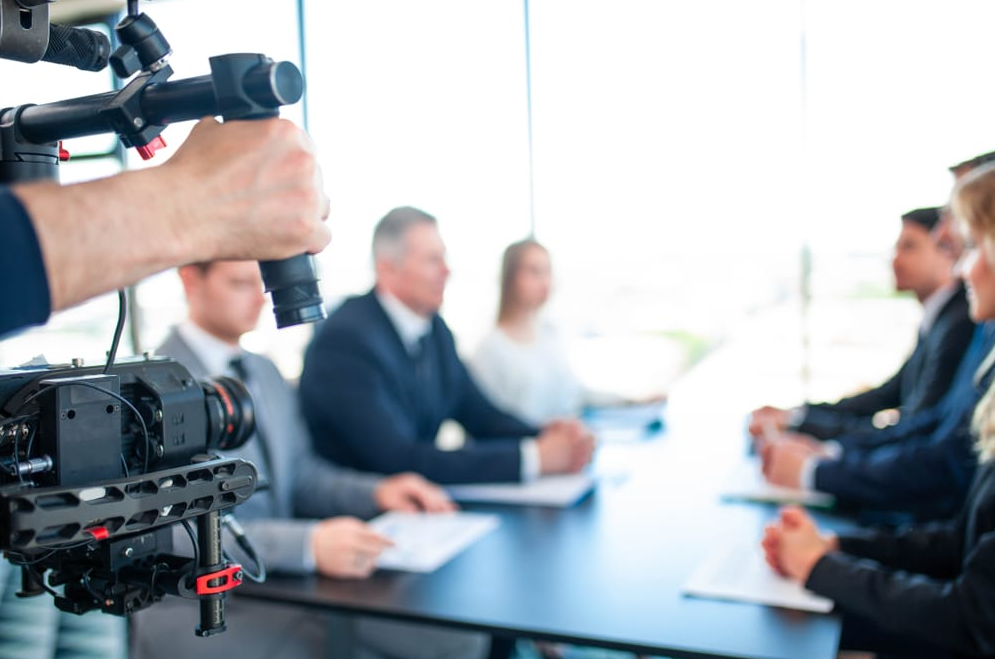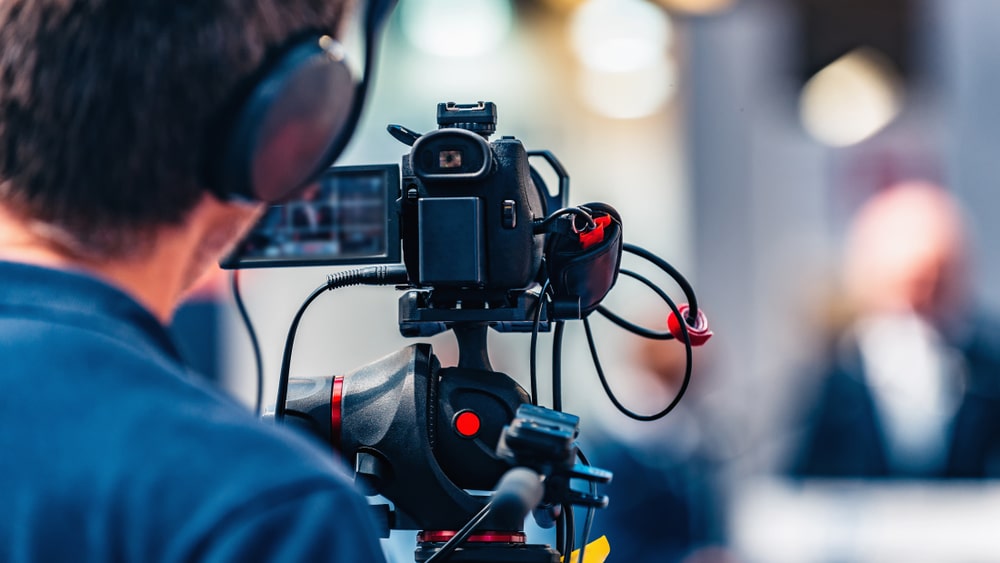Precision-Based Legal Videography for Detailed Evidence Filming.
The Function of Lawful Videography in Depositions and Trials
Lawful videography has become a necessary tool in both depositions and tests, offering a complex technique to documenting witness testaments. By catching not just the talked word yet likewise the subtleties of non-verbal communication, this medium boosts the reputation of statements and preserves crucial proof for future proceedings. As legal professionals increasingly recognize its value, it motivates a deeper examination of exactly how these visual records can affect juror assumptions and test outcomes. What implications might these advancements hold for the future of legal method?
Relevance of Lawful Videography
Legal videography plays a crucial role in the documentation and presentation of depositions and tests. This specialized area integrates technological abilities with legal knowledge to develop a reliable record of proceedings that can dramatically affect case results. The aesthetic facet of legal videography boosts the understanding of witness testimony, permitting jurors and judges to observe not just the talked words yet likewise the attitude, feelings, and body language of the witnesses.

The significance of lawful videography expands past the court room; it also plays a vital duty in preserving proof for future referral, whether for charms or further lawsuit. Because of this, its assimilation right into the legal procedure is important for making sure a reasonable and accurate representation of the realities, ultimately adding to the quest of justice.

Refine of Legal Videography
While recording the nuances of depositions and trials, the process of legal videography involves numerous important steps that make certain top notch, precise recordings. Originally, a professional legal videographer prepares by assessing the situation materials and understanding the certain requirements of the deposition or test. This prep work includes familiarizing themselves with the individuals and the context, which assists in catching important information.
On the day of the recording, the videographer establishes the needed tools, which generally includes high-def electronic cameras, microphones, and appropriate illumination. Making certain optimal angles and sound quality is important, as it straight impacts the effectiveness of the recording. The videographer interacts with attorneys and individuals to develop procedures, making certain that everybody understands the recording procedure.
Throughout the deposition or test, the videographer thoroughly videotapes the process, paying close attention to both verbal and non-verbal signs. legal videography. This includes capturing the temperament and reactions of witnesses and attorneys. After the session ends, the videographer may edit the useful site video footage for quality and compliance with lawful requirements, creating an end product that accurately reflects the process for future recommendation and use in legal contexts
Advantages in Depositions
The unification of videography in depositions provides numerous advantages that enhance the general procedure of gathering proof. One key benefit is the capability to catch witness statements with aesthetic and acoustic fidelity, offering an extra accurate depiction of the witness's attitude, tone, and body language. This multidimensional strategy allows lawyers and juries to assess integrity a lot more properly than traditional written records alone.
In addition, videographed depositions function as an effective tool for maintaining testament. Needs to a witness become inaccessible for test, their taped deposition can be played in court, guaranteeing that their evidence stays available and appropriate. This facet substantially lowers the threat of losing important information that might influence case results.
Additionally, using lawful videography promotes better prep work for attorneys. Evaluating video footage permits lawful teams to examine and improve their techniques, recognizing strengths and weaknesses in their cases. This primary advantage can bring about more engaging discussions in court.
Last but not least, videography boosts the general professionalism and reliability of the deposition procedure, instilling confidence in clients pertaining to the thoroughness of their lawful depiction. By leveraging technology, attorneys can dramatically improve the performance of depositions.
Influence On Trials
In many tests, the assimilation of videography can considerably affect the presentation of proof and the jury's assumption. Lawful videography catches witness statements and critical proof in a dynamic style, enabling jurors to involve with the product on numerous levels. This visual component improves the narration facet of a trial, giving context and emotional vibration that conventional text-based proof might do not have.
In addition, video recordings can act as effective devices for impeachment during cross-examination. When inconsistencies occur between a witness's previous declarations and their courtroom testimony, video evidence offers an unbiased recommendation that can sway jurors' opinions. This immediacy and clearness can bolster the trustworthiness of a celebration's story while concurrently weakening opposing disagreements.
Additionally, the use see this of videography can aid enhance intricate details, making it more available to jurors that may struggle to grasp intricate information provided entirely with spoken testimony. By incorporating visuals with auditory info, lawful videography can boost retention and understanding, eventually influencing the jury's decision-making process. Consequently, the influence of videography in tests expands beyond plain visual appeals; click for more info it plays a vital function fit the legal landscape and outcomes.
Future Trends in Legal Videography
As we look toward the future of lawful videography, a number of emerging patterns promise to reshape its duty within the court. One substantial pattern is the combination of expert system (AI) in video analysis and editing - legal videography. AI can simplify the procedure of identifying key moments in taped depositions, enabling lawyers to rapidly access pertinent material, thus boosting efficiency in situation preparation
Furthermore, the surge of online reality (VR) and enhanced reality (AR) technologies is expected to change how jurors experience evidence. By immersing jurors in a simulated environment, these innovations can offer an extra extensive understanding of complex circumstances, leading to more enlightened deliberations.

In addition, the raising need for remote depositions, increased by the COVID-19 pandemic, will likely continue. Legal videographers will need to adjust to new software program and platforms to ensure high-grade recordings in digital setups.
Finally, the growing focus on data safety and security will demand stricter protocols for saving and sharing video clip proof. As the lawful landscape evolves, legal videographers need to remain abreast of these trends to preserve their importance and effectiveness in the judicial process.

Conclusion
In summary, legal videography serves an important feature in the judicial procedure, enhancing the stability of depositions and trials. By catching the nuances of witness statements, this medium not only protects crucial evidence yet additionally aids in offering information properly to jurors. The value of visual paperwork in evaluating reputation and helping with cross-examination can not be overstated. As modern technology proceeds to develop, lawful videography is poised to further transform its duty within the legal landscape.